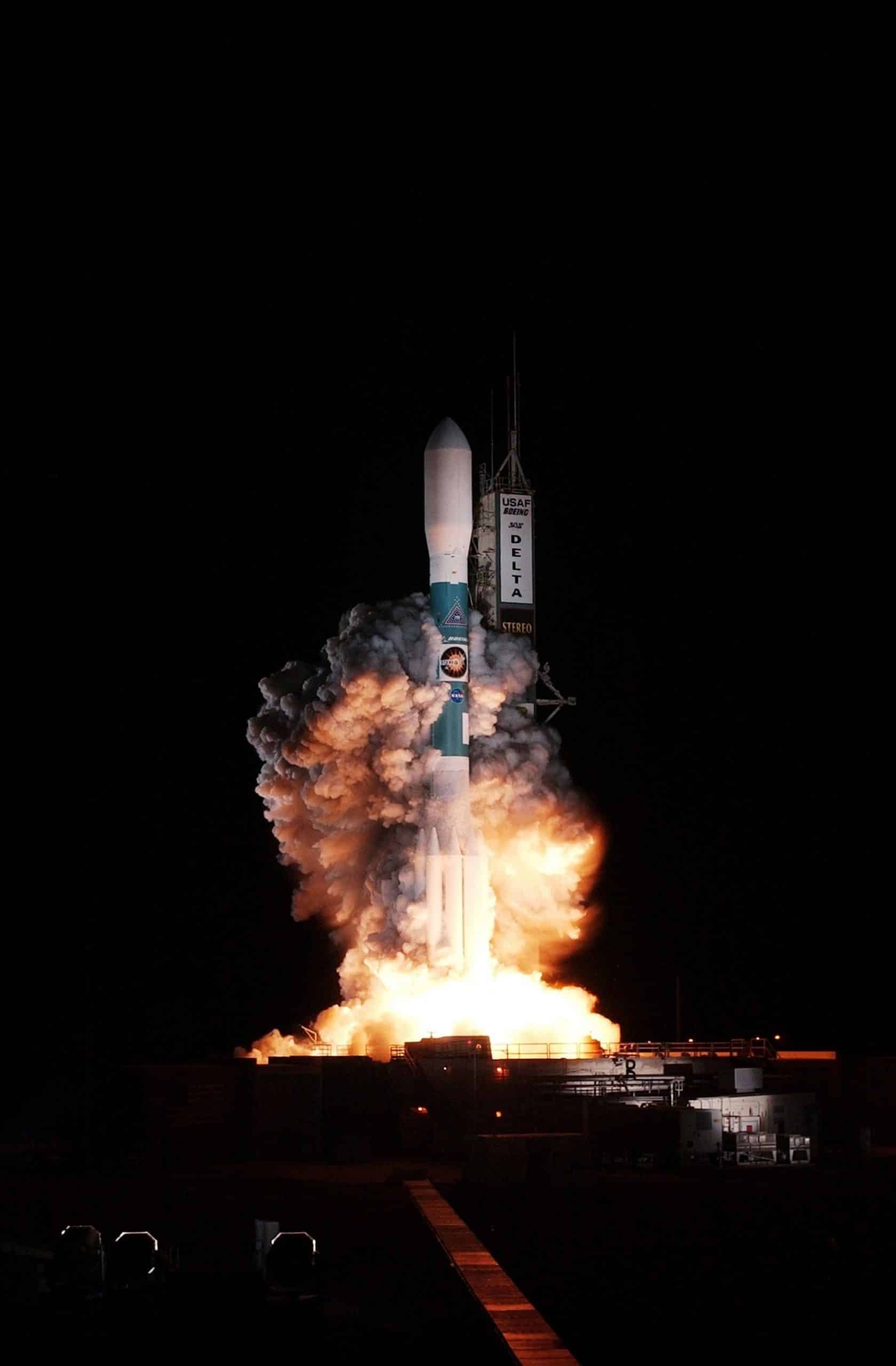In 1979 the International Maritime Satellite Organisation (IMSO) was established by international convention and it was agreed that the organisation would be headquartered in London. As an international organisation, the Government duly provided that it would be exempted from tax, as are other international organisations such as the UN and EU. While being exempt from tax is in itself a thing we would all want, it did mean that capital allowances would not be available.
IMSO had contracted for the construction of telecommunication satellites but then realised that if it leased them from a third party, that taxable third party would have access to capital allowances. This was in the early 1990s, many years before the introduction of capital allowances on assets leased under long funding leases in 2006, so only the actual owner of an asset was eligible to claim capital allowances. IMSO could then lease the completed satellites from a couple financial institutions and the reduced lease payments would account for the capital allowances utilised by the financial institutions.
IMSO had also contracted for the launch of the satellites, the satellites would have been useless unless they were in orbit, but again, as this cost was incurred at a tax exempt entity, that tax exempt entity could not obtain capital allowances. In 1999 IMSO decided to transfer the business of the telecommunications satellites to a taxable subsidiary (Inmarsat) and then claimed capital allowances on the launch costs. Inmarsat and HMRC discussed the claimed and agreed to arrange for a joint a referral to the First-tier Tribunal.
Eventually the case ended up at the Court of Appeal (CoA) and has now been decided in HMRC’s favour.
Where a connected person (the successor) takes over the trade of some other connected person (the predecessor) then the successor can elect to take over the assets of the trade at the tax written down value of the successor, essentially the assets transfer without balancing charges or allowances occurring. This can be useful for groups of companies, especially as assets can be transferred without gains arises, but is also helpful when businesses transfer between family members. In the Inmarsat case, no election was made as IMSO was tax exempt. Within the legislation there are rules on how deal with situations where businesses are transferred but no election is made, as maybe the parties are not connected, the assets are deemed for tax purposes to transfer at market value. Inmarsat tried to argue that this meant when the telecommunication satellite business transferred from IMSO to Inmarsat that took over the assets.
As there were no assets that transferred at the succession, rather the benefits and obligations of lease contracts as the financial institutions owned them, this argument faltered. The CoA held that the purpose of the legislation Inmarsat was using to support their position was not to allow assets to transfer where the predecessor couldn’t transfer them but rather to provide a valuation basis where elections aren’t made to transfer at tax written down value. Therefore, there was no legislation to support the transfer of the launch costs to Inmarsat so the case fell apart here but the CoA did review other issues as they had been argued before the judges.
Inmarsat had also tried to prove that IMSO had incurred qualify expenditure on the launch costs before the transfer of the business. Where assets are owned directly by the business then costs such as transport and installation are considered ‘on the provision’ of qualifying plant and the CoA agreed that the launch costs were ‘on the provision’ of qualifying plant. But, where assets are leased then the legislation requires that the lease of the related assets needs to require the business to incur the costs. In this case, one of the launch cost contracts was signed in advance of the satellite leases and none of the agreements required the launch of the satellites. This meant that even if the launch costs could have been transferred on succession the costs wouldn’t have been qualifying in the first instance. A tough decision, as satellites are only useful when in orbit, otherwise they’re just expensive bits of metal on the ground.
The decision can be found at: Inmarsat Global Limited v The Commissioners for HMRC – Find case law (nationalarchives.gov.uk)
Please contact us if you have any questions on capital allowances, these can be very generous reliefs but where transactions are not structured correctly, then these generous allowances could be lost.



